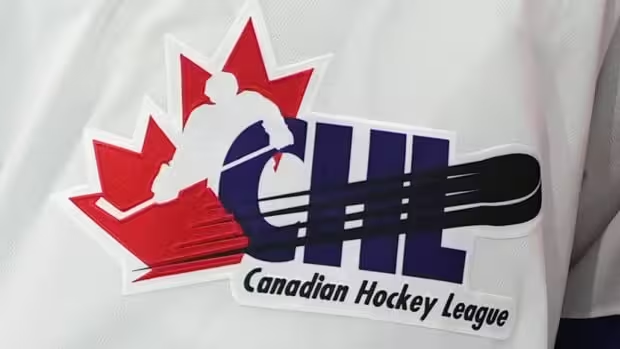Braxton Whitehead said Friday he has verbally committed to Arizona State, making him the first member of a Canadian Hockey League team to attempt to play the sport at the Division I U.S. college level since a lawsuit was filed challenging the NCAA’s longstanding ban on players it deems to be professionals.
Whitehead posted on social media he plans to play for the Sun Devils beginning in the 2025-26 season.
An Arizona State spokesperson said the school could not comment on verbal commitments, citing NCAA rules. A message left with the CHL was not immediately returned.
I am honored to announce my verbal commitment to play D1 hockey at Arizona State University.
The WHL has given me an incredible opportunity to develop as a player, and I couldn’t be more excited for the ‘24-‘25 season with the Regina Pats.
Thank you to my coaching staff in… pic.twitter.com/nMcY7n6XGV
A class-action lawsuit filed Aug. 13 in U.S. District Court in Buffalo, N.Y., could change the landscape for players from the CHL’s Western Hockey League, Ontario Hockey League and Quebec Maritimes Junior Hockey League. NCAA bylaws consider them professional leagues and bar players from there from the college ranks.
Online court records show the NCAA has not made any response to the lawsuit since it was filed.
“We’re pleased that Arizona State has made this decision, and we’re hopeful that our case will result in many other Division I programs following suit and the NCAA eliminating its ban on CHL players,” Stephen Lagos, one of the lawyers who launched the lawsuit, told The Associated Press in an email.
The lawsuit was filed on behalf of Riley Masterson, of Fort Erie, Ontario, who lost his college eligibility two years ago when, at 16, he appeared in two exhibition games for the OHL’s Windsor Spitfires. And it lists 10 Division 1 hockey programs, which were selected to show they follow the NCAA’s bylaws in barring current or former CHL players.
CHL players receive a stipend of no more than $600 US per month for living expenses, which is not considered as income for tax purposes. College players receive scholarships and now can earn money through endorsements and other use of their name, image and likeness (NIL).
The implications of the lawsuit could be far-reaching. If successful, the case could increase competition for college-age talent between North America’s two top producers of NHL draft-eligible players.
“I think that everyone involved in our coaches association is aware of…
Click Here to Read the Full Original Article at CBC | NHL News…

